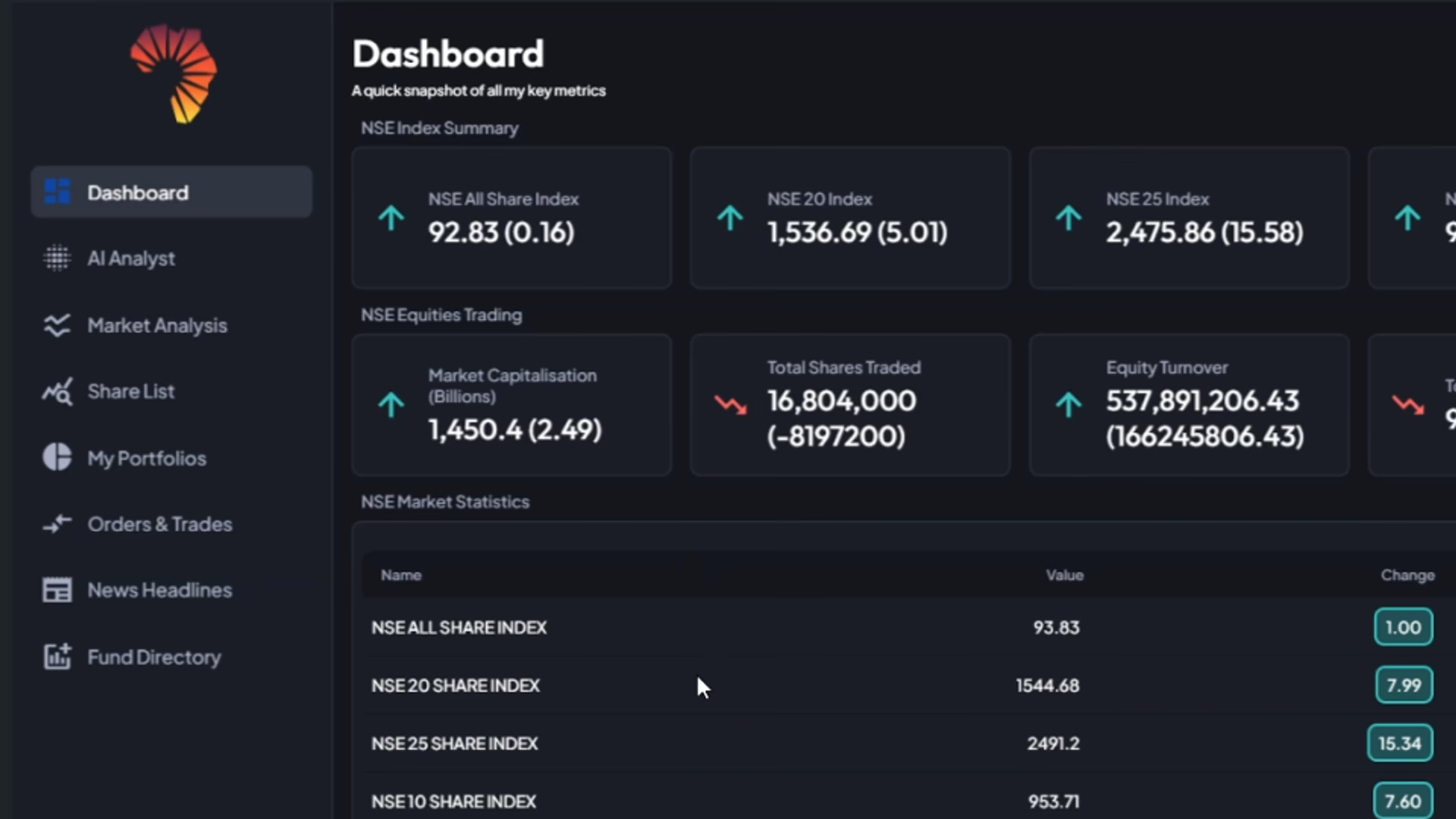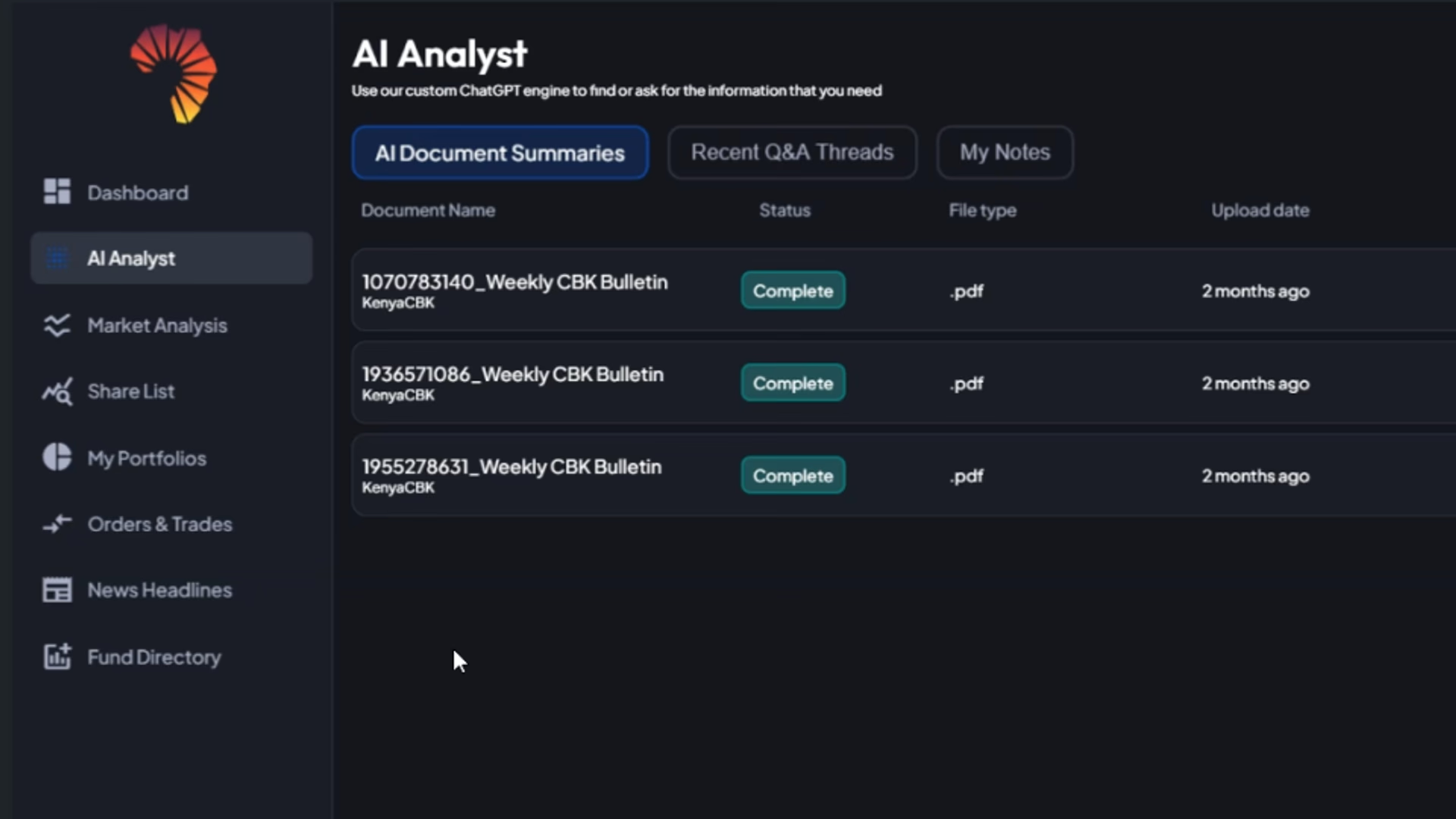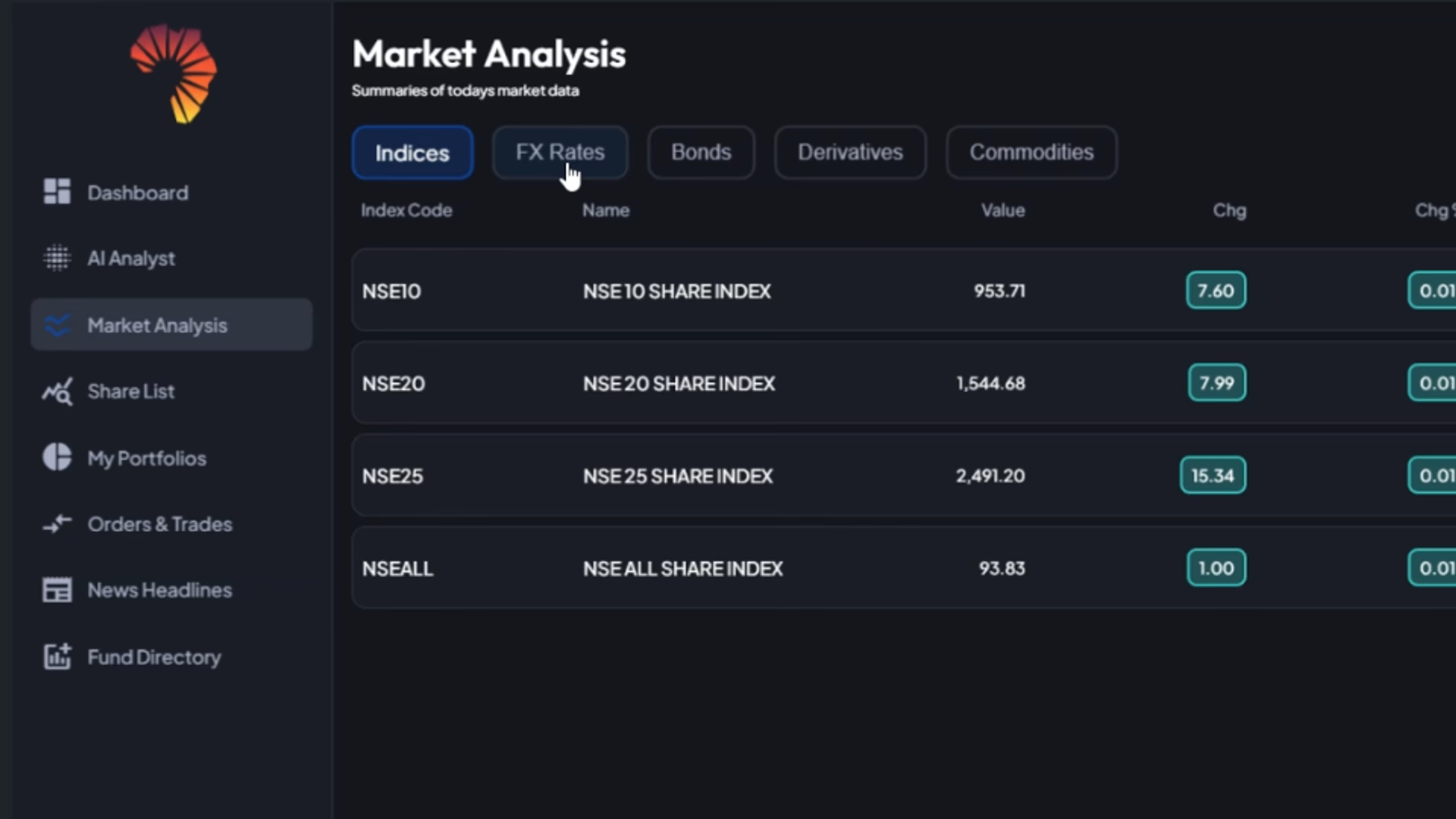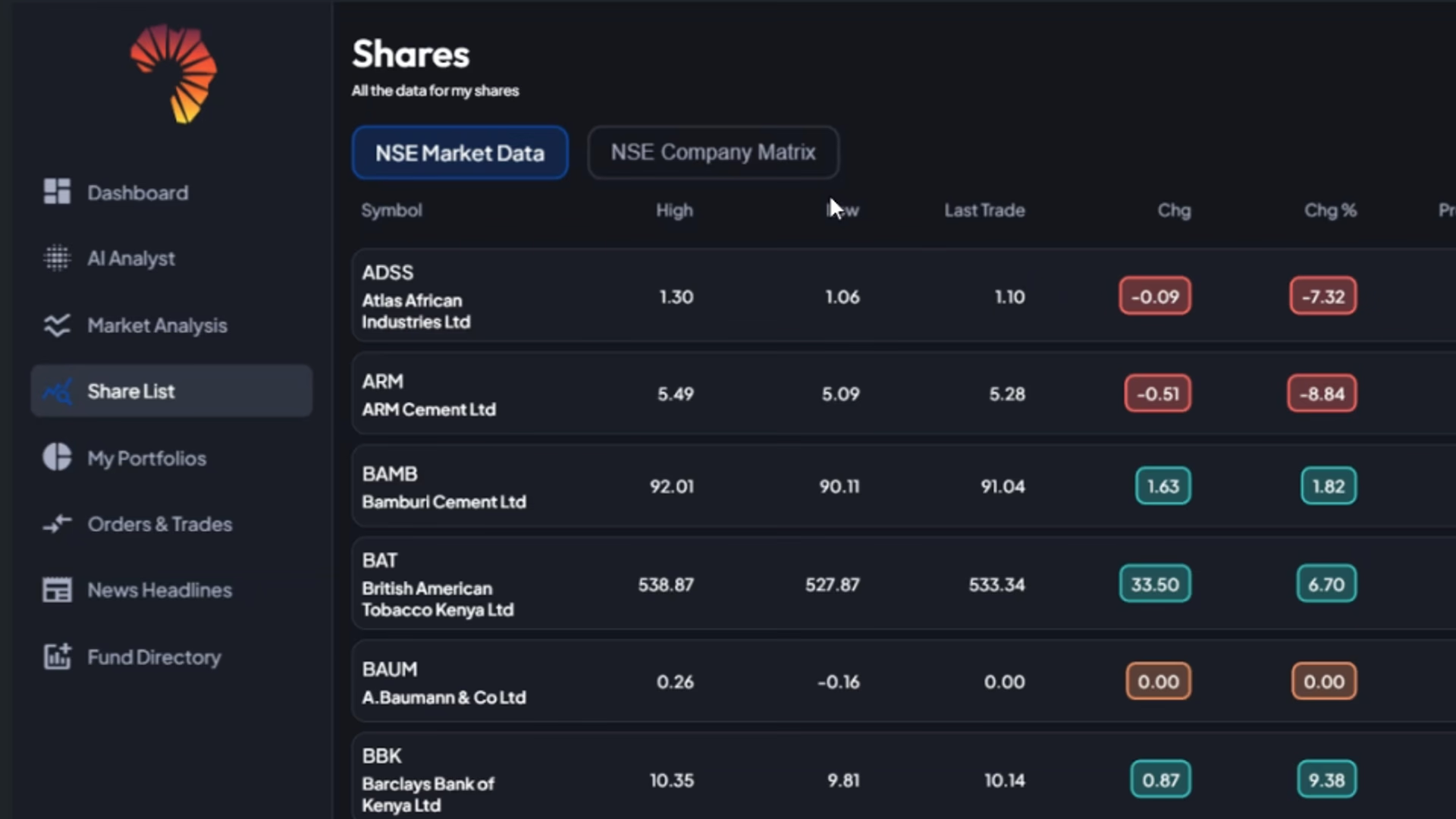When the Capital Market’s Authority announced plans last year to set up a regulatory sandbox for startups to join and develop their FinTech products albeit within the regulatory frameworks set, many were quick to bring up the long-standing debate about regulation and innovation. Does regulation inhibit innovation? Should you innovate without caring about regulation? Should we have regulation at all?
This week the CMA finally announced that they have started accepting applications to the sandbox.
Apply for the CMA Regulatory Sandbox for a 12-month period to deploy & conduct live tests on innovative products, solutions & services that have the potential to broaden the Kenyan capital markets. Eligibility https://t.co/mqDeIgZzcT | Application process https://t.co/v3sTqdjT1p pic.twitter.com/XeZ1F8QWJf
— Capital Markets Authority_Kenya (@CMAKenya) June 6, 2019
Time will tell if local startups take the opportunity to apply to this. Here’s why we think that this is a great deal for any local Fintech startup.
First regulatory sandboxes have been implemented around the world in at least 30 countries, and a further 21 countries are either in the process of setting up the sandboxes or exploring the idea. Here’s a full list of these countries. Among those that have fully operational sandbox are UK, US (State of Arizona), Singapore, UAE, Switzerland, Netherlands, Russia, Canada, Australia, Malaysia, Sierra Leone and Mauritius.
To better understand the impact of the sandboxes to the capital markets in these countries we took a closer look at the UK. According to a report conducted by Deloitte titled A journey through the FCA regulatory sandbox, we are able to get a clearer view of the benefits, challenges and the next steps for regulatory sandboxes.
The report starts off by asserting that since its launch in 2016, 89 firms have so far been accepted to test innovative products and services in the UK Financial Conduct Authority (FCA)’s regulatory sandbox. And as the record numbers in the latest cohort testify, firms’ interest in applying to the sandbox shows no signs of abating….The unequivocal message is that the sandbox has delivered real value to firms, ranging from guidance relating to the application of regulation to innovative propositions, to “kicking the tyres” on the risks relating to their business model.
While the FCA has emphasised strongly that it does not “pick winners”, the feedback from our interviews is that being accepted into the sandbox, and proving the underlying technology in a live environment, increased the credibility of firms with both investors and customers alike.
The main benefits noted in the report are that:
- •The sandbox levels the playing field between incumbents and start- ups, by allowing smaller firms to get up to speed with financial regulation and think about their business models as much as their innovation.
- •Working closely with the regulator appears to give firms a greater degree of legitimacy with customers and investors alike.
- •Having the opportunity to discuss details of innovative compliance approaches with the regulator also gives firms increased confidence in their strategic plans.
- •A number of firms found that testing their products and services in a live environment gave them an early view of some of the flaws in their offering, and a chance to fine tune their business models in response.
- •While many firms seek full authorization upon exiting the sandbox, others use the lessons learned during testing to reconsider and fine-tune their propositions and business models.
The report concludes by saying:
Now in its third year, the FCA sandbox has evolved over time and is now, as one participant put it, a “slick operation”. While the benefits of going through the FCA sandbox vary, perhaps its biggest achievement has been to break the myth of regulation being a barrier to innovation. On the contrary, it has shown that regulators can play an active and positive role in encouraging innovation by giving unique business models “permission to play” in a highly competitive FS sector. Yet, while the relevance and importance of the sandbox show no sign of diminishing, as our survey shows, there is still room for improvement. Creating a regulatory environment for FinTechs to be truly cross-border businesses is rightly the next challenge for regulators to overcome.
It will be interesting to watch the progress of CMAs regulatory framework from a local standpoint but our view is that getting the right mix of innovation and regulation from the onset in very critical for the capital markets. This will ensure that Kenya remains the innovation hub that it has been in Africa, but also foster proper market conduct and customer protection practices through the right regulation.
Any startups interested in the CMA Regulatory Sandbox can find more information about the application process here.





